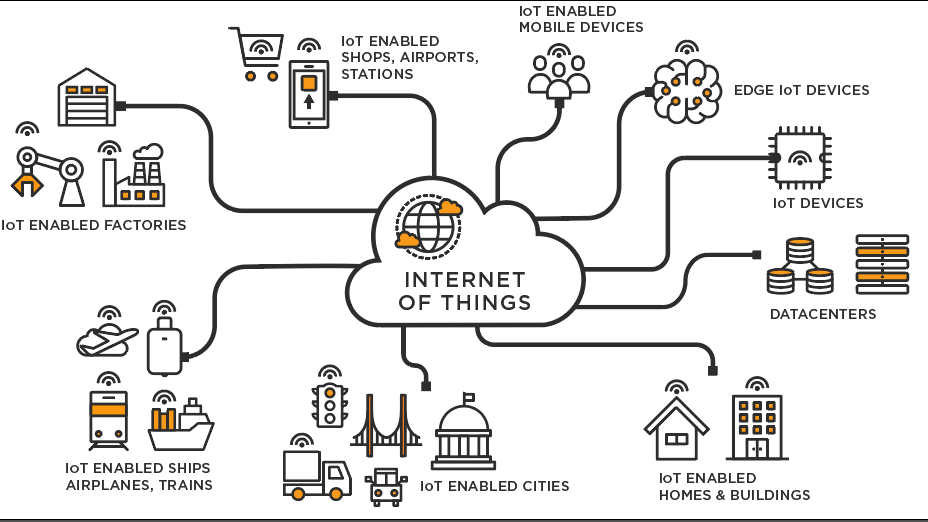Admis Asia: Insights into the Dynamic Asian Market
Exploring the latest trends and developments across Asia.
Smart Fridges and Lazy Chefs: A Recipe for IoT Chaos
Discover how smart fridges are stirring up chaos for lazy chefs! Uncover the unexpected side of IoT in your kitchen.
How Smart Fridges are Revolutionizing Meal Prep for the Lazy Chef
In today's fast-paced world, smart fridges are changing the way we think about meal prep, particularly for those who may identify as the 'lazy chef.' These innovative appliances come equipped with features that streamline grocery shopping, meal planning, and food storage. Imagine being able to scan your fridge's contents from your smartphone or tablet while you're at the grocery store, ensuring you only buy what you truly need. With functionalities like automatic reminders for expiration dates and the ability to suggest recipes based on available ingredients, smart fridges eliminate the hassle of meal prep, allowing users to focus more on enjoying their food rather than stressing about it.
Moreover, many smart fridges integrate with other smart kitchen devices, creating a seamless cooking experience. For instance, you can sync your fridge with a smart oven to receive cooking instructions tailored to the meal you've selected. These advancements not only save time but also help users become more organized in their cooking efforts. The lazy chef can quickly plan a week's worth of meals with minimal effort, proving that technology can indeed enhance our culinary capabilities while minimizing the effort required.

The Pros and Cons of Relying on IoT for Home Cooking
Relying on the Internet of Things (IoT) for home cooking can revolutionize the way we prepare meals, offering numerous advantages. To start, IoT-enabled kitchen appliances, such as smart ovens and refrigerators, can be controlled remotely via smartphones. This means you can preheat your oven on your way home or monitor what’s in your fridge while grocery shopping, minimizing food waste and saving time. Additionally, smart kitchen devices often come with interactive features, enabling users to access recipes and cooking tutorials directly from their appliances, thus making the cooking process more engaging and educational.
However, there are also significant drawbacks to consider when integrating IoT into home cooking. Privacy concerns arise as smart devices often collect personal data, which can be vulnerable to hacking. Moreover, reliance on technology can lead to a diminished cooking skillset; home cooks may become overly dependent on devices for guidance, potentially stunting their creativity and confidence in the kitchen. Finally, issues such as compatibility between different brands of smart devices can lead to frustration, making it essential for users to carefully evaluate their options before fully committing to an IoT-enabled kitchen.
Can Smart Kitchen Devices Really Make You a Better Cook?
Smart kitchen devices have revolutionized the way we approach cooking, allowing even novice chefs to create gourmet meals with ease. With features like automatic temperature control and recipe guidance, these gadgets take the guesswork out of cooking. For instance, devices such as smart ovens can adjust cooking times and temperatures on their own, ensuring that your food is cooked perfectly every time. Additionally, integrated apps can help you plan meals and suggest recipes based on ingredients you already have, making it easier to reduce food waste and experiment with new flavors.
Moreover, the convenience of smart kitchen technology encourages more people to spend time in the kitchen, thus improving their culinary skills over time. When you have tools that simplify complex processes, you can focus more on honing your techniques and experimenting with presentations. This transformative approach can turn cooking from a chore into an enjoyable culinary adventure. Ultimately, while smart kitchen devices are not a magic solution, they do offer valuable support that can help anyone, regardless of skill level, become a better cook.